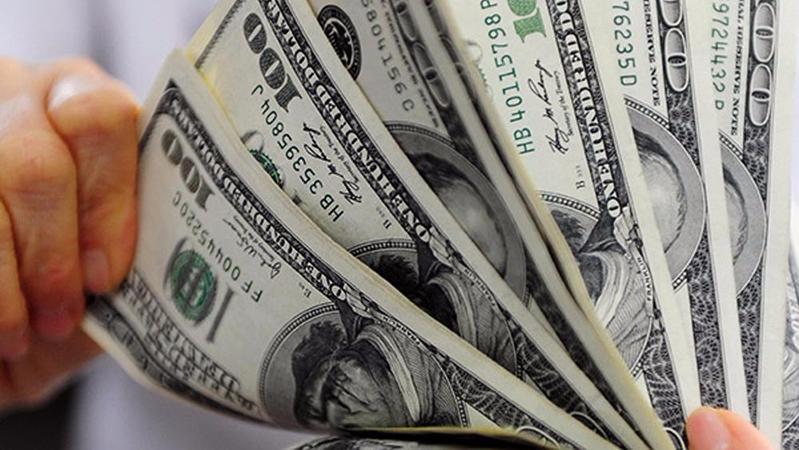Strong dollar cuts both ways in SE Asia
While exports looking up, ordinary people struggle with costlier imports
By PRIME SARMIENTO in Hong Kong | China Daily | Updated: 2022-10-18 09:29

While exports looking up, ordinary people struggle with costlier imports
A surging US dollar may benefit Southeast Asia's export and tourism sectors, but such gains could be undercut by costlier imports, especially food, resulting from weaker local currencies, say experts who voice concerns over inflationary pressures.
Currencies across the region, from the Thai baht to the Indonesian rupiah, have been hitting record lows in the past weeks as the US dollar gains ground on the back of aggressive rate rises by the US Federal Reserve. Analysts note that while this trend will help the region's export and tourism industries, ordinary consumers are suffering from the high cost of food and fuel.
It is the "issue of the dollar strengthening" that is affecting the value of the baht and other currencies around the world, Bank of Thailand Governor Sethaput Suthiwartnarueput has said.
Top commodity exporters like Brunei, Indonesia and Malaysia are among the big winners as their products would be more competitively priced in a dollar-denominated market. Meanwhile, the depreciation of the baht will likely draw in more tourists to Thailand, where the travel and tourism industry is a key contributor to the nation's GDP. In the Philippines, the strong US dollar translates to higher remittances, given that about 10 percent of the population work abroad.
But Southeast Asian countries are also dependent on imported fuel and food and their weaker currencies have led to higher consumer prices.
"Weaker local currencies tend to favor export-oriented countries that make their exports cheaper in international markets and increase the local currency equivalent of their export revenues in US dollar," said Michael Ricafort, chief economist at Rizal Commercial Banking Corp in Manila.
Boosting inflation
However, for net importing countries, weaker local currencies will increase import costs and boost inflation, Ricafort said.
But even net exporters cannot keep inflation at bay. Such is the dilemma in Malaysia, Southeast Asia's third-biggest economy.
The ringgit fell to an all-time low of 4.692 against the dollar on Friday on the back of news that the US Consumer Price Index rose 8.2 percent from a year ago in September. The high inflation is expected to prompt the US central bank to continue with its steep hikes in interest rates.
With exports accounting for nearly 70 percent of Malaysia's GDP, a weaker ringgit can benefit the economy. Hafidzi Razali, a senior analyst at risk consultancy BowerGroupAsia, said a weak ringgit makes Malaysian exports more competitive.
However, Hafidzi points out that Malaysia is a net (food) importer and that a weaker ringgit means higher food costs for consumers. And if food prices go up further, it might hurt domestic consumption and economic recovery efforts.
Malaysia's inflation rate in August increased to 4.7 percent owing to an uptick in the prices of food and beverages, according to official data.
In Indonesia, which is a key exporter of coal, natural gas, minerals and palm oil, a weaker rupiah is expected to bring trade benefits.
But these export revenues cannot offset the impact of higher food prices. Inflation in Southeast Asia's largest economy rose to a seven-year high of 5.95 percent in September. Indonesia's central bank increased interest rates by 0.5 percentage point in September to control inflation and defend the rupiah.
Exports account for roughly 20 percent of Indonesia's GDP. Sawidji Widoatmodjo, dean of the faculty of economics at Tarumanagara University in Jakarta, said the value of exports is "not that big" and that the higher export revenues that will be gained from a weak local currency cannot compensate for the rise in food prices.
As for the Philippines, the sliding peso has been a double whammy. The Philippine currency has dropped by more than 13 percent this year.
Fermin Adriano, an economist and former undersecretary at the Philippine Department of Agriculture, said a weaker peso means the "losers will outweigh the winners because we are not an export-oriented economy".
Yang Han in Hong Kong and Leonardus Jegho in Jakarta contributed to this story.
























